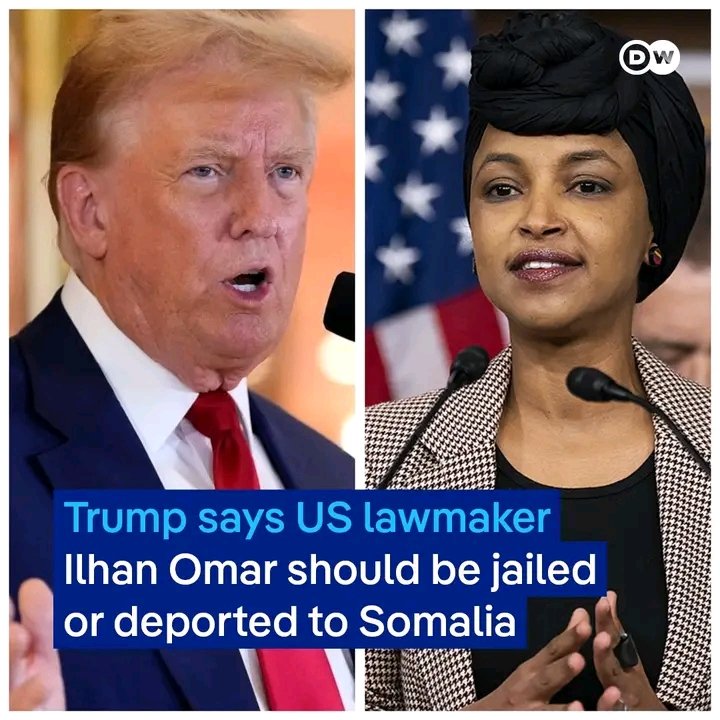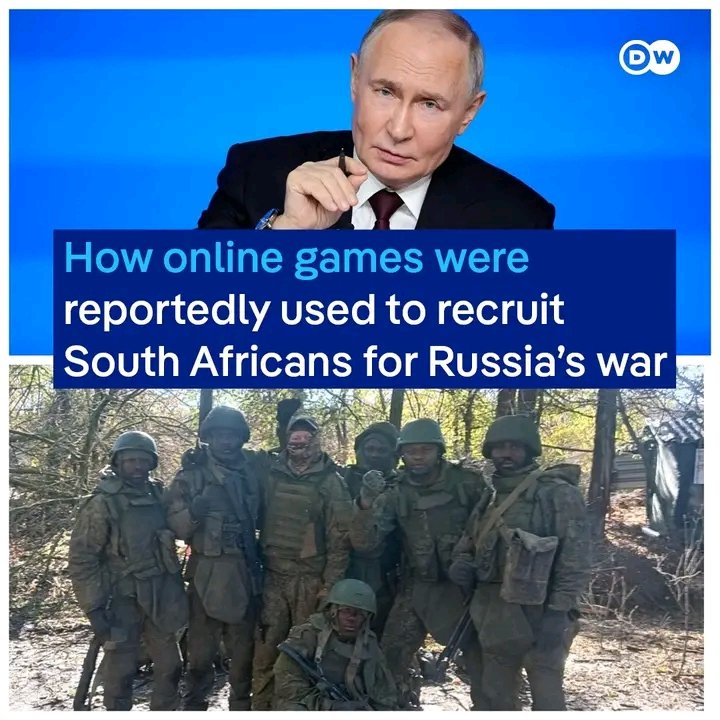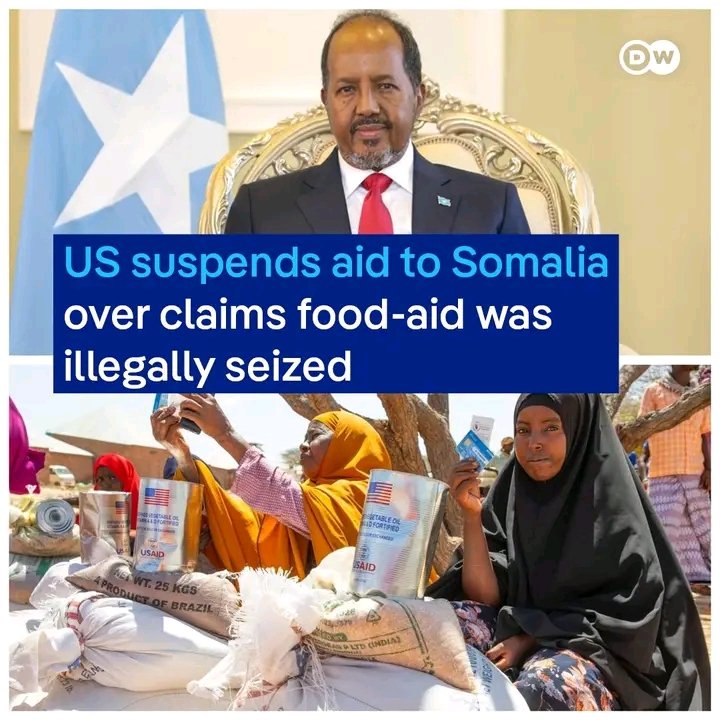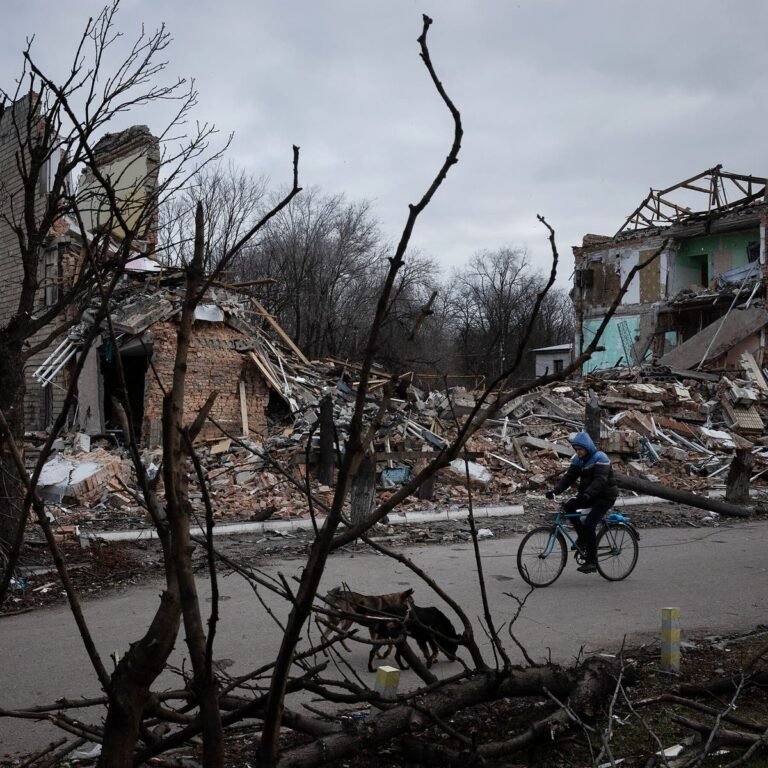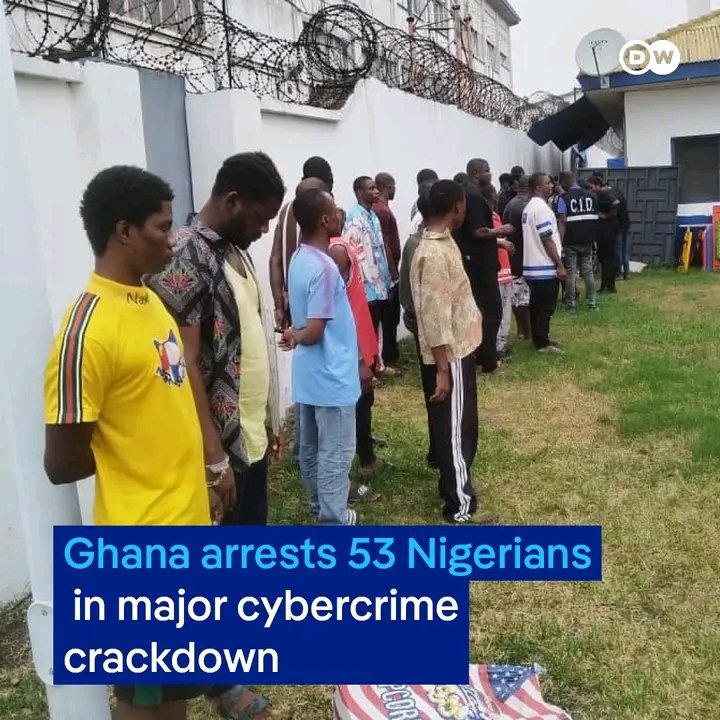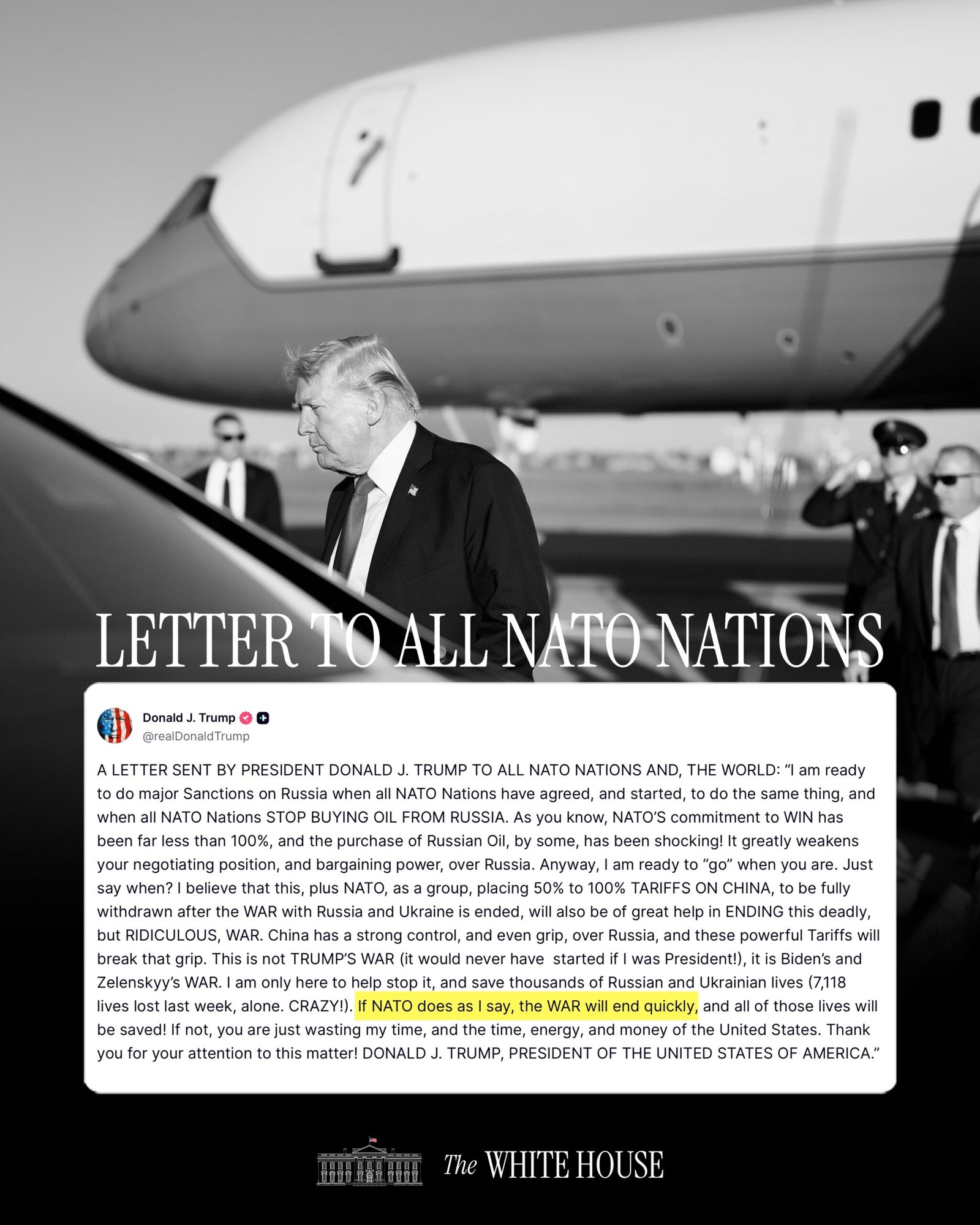
In a dramatic statement circulated online, President Donald J. Trump declared he is prepared to enact “major Sanctions on Russia” but only under a strict set of conditions for NATO member nations. The message, presented in the format of an official letter, places the onus for ending the war in Ukraine squarely on the alliance’s members and simultaneously calls for aggressive economic action against China.

The core of Trump’s demand is a complete halt to all purchases of Russian oil by NATO countries, a practice he called “shocking” and one that “greatly weakens your negotiating position.” He stated his readiness to “go” with sanctions only after all NATO nations have agreed to and started enforcing the same oil embargo.
Beyond immediate actions against Russia, the former president outlined a second major condition: that NATO, as a bloc, impose tariffs of 50% to 100% on China. He argued this would break China’s “strong control, and even grip, over Russia” and help end the conflict. These tariffs, he proposed, would be “fully withdrawn after the WAR with Russia and Ukraine is ended.”

In a characteristic rebuke of the current administration, Trump distanced himself from the conflict, labeling it “Biden’s and Zelenskyy’s WAR” and asserting it “would never have started if I was President!” He framed his proposed actions as a necessary measure to save thousands of Russian and Ukrainian lives, citing a figure of 7,118 lives lost in the previous week.
The statement concludes with a stark ultimatum, warning NATO that if his demands are not met, “you are just wasting my time, and the time, energy, and money of the United States.”
The message, which mimics official correspondence from “THE WHITE HOUSE” and is signed by Trump, underscores the foreign policy approach that defined his presidency: a conditional approach to alliances, a focus on economic leverage, and a willingness to directly challenge both adversaries and traditional partners.


